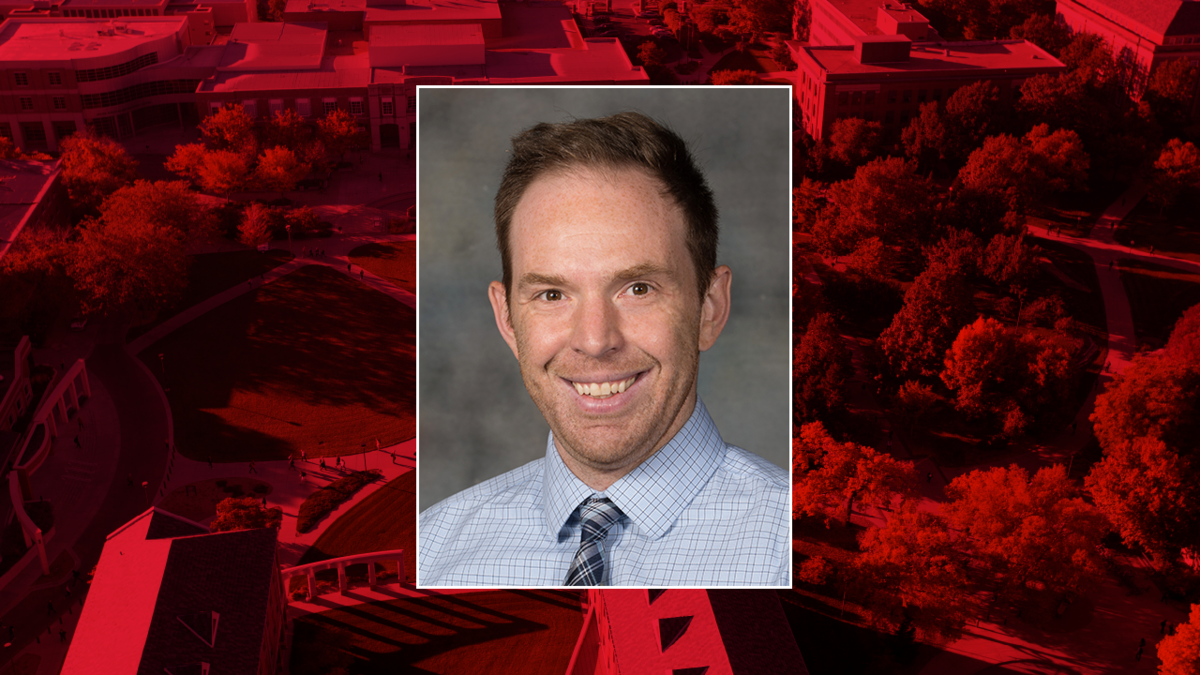
“Look for the helpers. You will always find people who are helping.” — Fred Rogers
Among terrorism, disaster or tragedy, there is usually a bright spot — a hero who stepped in. These seemingly ordinary people are celebrated in the popular press, but few ever are asked why they acted when others did not.
New work by University of Nebraska–Lincoln political scientist Ari Kohen seeks to answer that question — and theorizes that those who act heroically have been cultivated to do so.
By drawing on stories of heroism as well as literature in psychology, Kohen hypothesizes in a special issue of the Journal of Humanistic Psychology that heroes share four learned attributes, not character traits, that set them apart. The attributes — expansive empathy, heroic imaginations, special training and habitual helping — are learned, which means a culture of heroism can be built.
“Every person thinks that in an emergency, they’ll be the person who stands up and does the right thing, but literature in psychology, specifically the bystander effect, says we’re absolutely wrong about that,” Kohen said.
The bystander effect is a well-studied psychological phenomenon that shows most people are unlikely to help a victim, especially if others are also present. Kohen said those who do act — “upstanders,” as he calls them — have not been well-researched, so he is taking up the charge.
“We spend a disproportionate amount of time trying to figure out why normal people do bad things or nothing at all, but we don’t spend any time figuring out why normal people do extraordinarily good things,” he said. “Building a culture of upstanders and knowing there are going to be people who are going to stand up and do the right thing — that changes society.”
Expansive empathy

Almost all of us possess empathy, or the ability to understand the feelings of others. Heroes, Kohen said, are more easily able to expand empathy to others who are beyond their social circle or comfort zone. Much like the three men, two of whom died, who intervened May 26 in Portland, Oregon, when a man on a bus began a racist, anti-Muslim verbal attack on two young women.
“The heroes have a wider circle of care,” Kohen said. “They recognize that people who seem very much unlike them, are actually just like them. Most people empathize more so with others who are just like them.”
Mental activities to assimilate to others can help expand empathy. Kohen said past studies have shown that reading literature is a good place to start. Reading acquaints people with protagonists who are very different.
Heroic imagination

It’s a simple question: What would you do in that situation? Heroes, like Christopher Norman, who stopped a gunman on a train in Europe, had put themselves into that position in their imaginations before. Norman said after the event that he’d talked about that very situation with a police officer friend a few weeks earlier.
Kohen argues heroes also understand their own mortality and have thought critically about principles and people for which they’d be willing to give up their livelihood or life. For example, most did not help Jews during the Holocaust. Those who did recalled later that they were standing up for what they believed in when they felt the actions of those around them were wrong.
Special training

Those who help others in dangerous situations usually have some training that gives them confidence. Studies have also shown that the bystander effect is weaker among those with some form of specific training. Kohen recalled an attempted shooting on a European train in 2015; when the gunman opened fire, he was ambushed by four train passengers, who stopped the attack. Two of the passengers had military training.
“The person who is going to jump in and save the drowning child is the person who has lifeguard training, or at the very least, is the person who is a strong swimmer,” he said.
Habitual helpers

Kohen describes this predictor of heroic behavior as repetitive actions on behalf of others.
Of all the commonalities he argues that heroes share, this one is probably the easiest for any person to think about and do.
“You have to get in the habit of doing things for others,” he said. “You have to get in the habit of noticing what other people need from you.”








